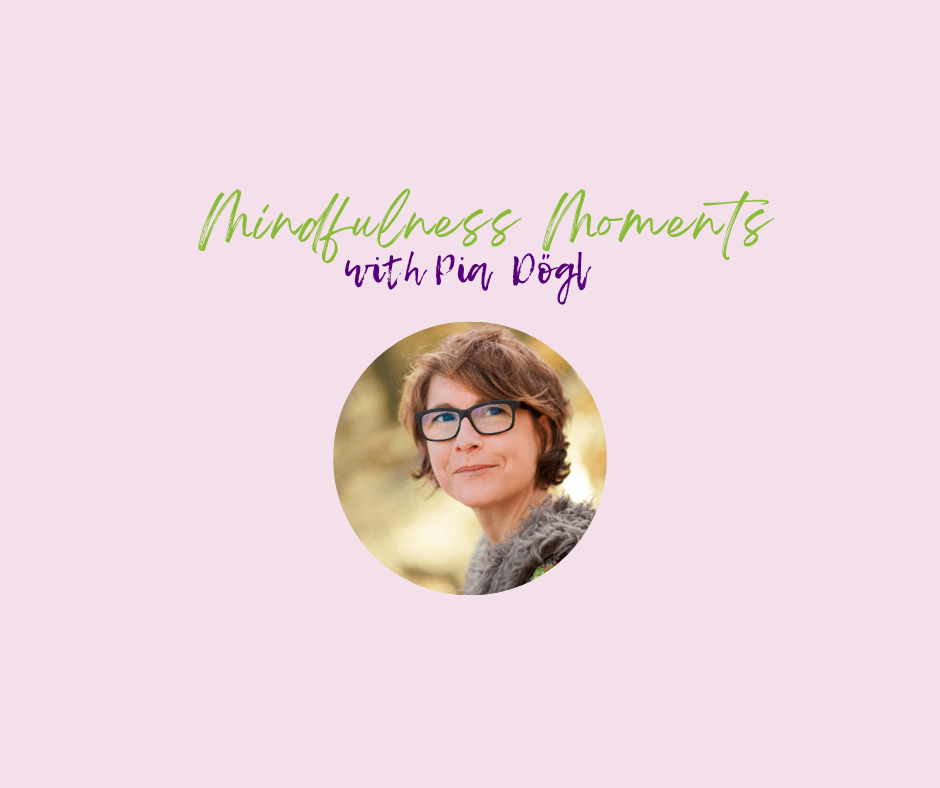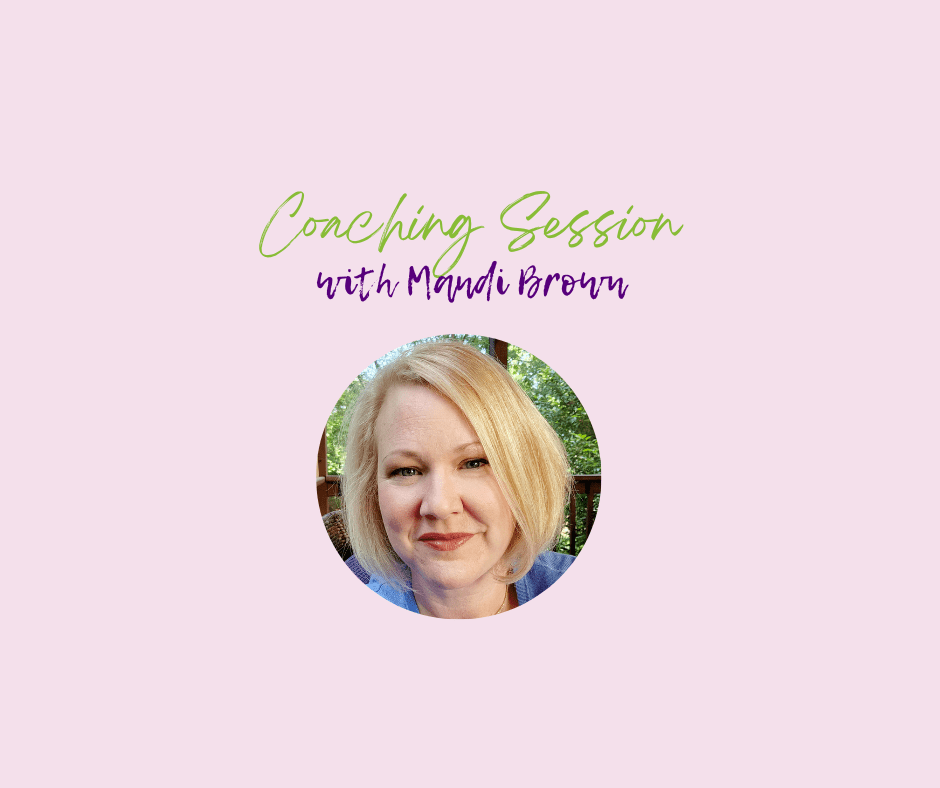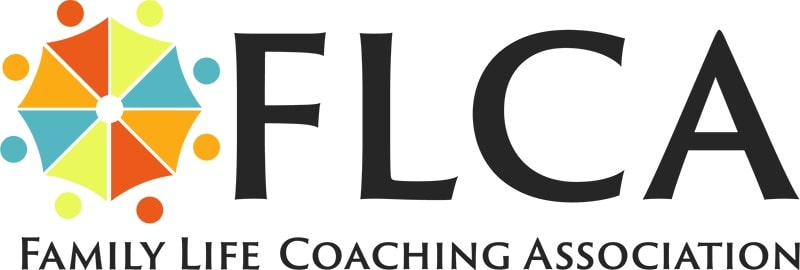Project Description

Read the transcript
Introduction: Hi there, mama. Are you searching for another way to approach motherhood? One that puts your needs first, that allows you to live it all without guilt or holding back any of your amazing talents and unique gifts, then The Live It all Mommy Podcast is made for you. Each month we are taking you behind the scenes, looking into the real world of motherhood, giving you a roadmap to unleash your unique potential, your passion, self-trust, and purpose as an amazing mother, deep soul, and powerful working woman, it’s time to live at all. Mommy, let’s dive in.
Pia Dögl: Do you want to know how much your childhood, your upbringing, affects the way you parent? Today I’m most delighted to interview Maria Steuer, who is a childhood expert, a renowned pediatrician and family therapist based in Germany, and the author of the book, Your Childhood Holds The Key: How to Improve Parenting Skills.
Maria has experienced the ups and downs of raising three of her own children. And as a doctor for Germany’s education system, she has advised more than 20,000 parents on childhood behavior issues. And last but not least, Maria is grandmother of one child and the second is on its way. Is that right?
Maria Steuer: Yeah, this is right. Exciting.
Pia Dögl: So if we get a call, we have to stop the interview immediately.
Thank you so much for being here. So please, before you share any details about what you have discovered about how much our childhood upbringing determines the way we parent and the way we think about our children’s behavior, when and how did you first realize that some of your trigger points are related to your own childhood and not caused by your child’s behavior?
Maria Steuer: At the beginning when I became a mom the day I started I was thinking how to hold the baby, will I breastfeed or not? So all these decisions at the beginning of being a mom, they were influenced from my mom and my own experiences. Also experiences that I’m not aware of, they are subconscious.
Pia Dögl: But when I’m going back into my beginnings of motherhood I had so many issues, but I wasn’t thinking that however I parent I was influenced so deeply through my own childhood upbringing.
So were there any moments when you thought, wow, that’s exactly how my mother thought about things, or something like that?
Maria Steuer: Yeah because you start judging the behavior of your baby. At the beginning is a baby, a good baby sleeps the whole night. And a bad baby sleeps only for two hours a night and then an hour awake, and then again, two hours. You have this judging system from your mom.
And what I experienced was I started being like my mom when I became a mom. Before I was another person. And by being a mom, it changed. So I thought there is a role model. I don’t have a role model because I don’t know how my mom was when she wasn’t a mom, because I only know her as a mom, right?
And then I changed my whole thinking by being a mom, and I started thinking like her and all those things that could happen, they were all in my mind. And when she visited us all the things she told me I already knew because they were they were there in my head.
Those behaviors of the kids I really figured out that they have to do with feedback from my mom. I think this was, when they got to two or three years old. Because at this point they the influence from my husband was more and so they started behaving in other ways than I wasn’t used to.
I have one experience when my daughter came from school and she threw her backpack through the kitchen because she was angry. She had a power struggle with her girlfriend in school. And then I was back in my school at the age of eight, remembering how I felt when I had a struggle with my girlfriend. This was a really big point because I wanted to start to give her advice about how to handle this situation.
And I knew if I started, I would just be eight again and give her my advice, how I did it, and I wasn’t good at the struggle solutions, so nothing could help her. So I stopped because I already knew if I’m emotionally involved, really involved, I should stop talking.
Just take a deep breath and then – I call this reality check, right? I ask her, so what will happen with you and your girlfriend? And she said, oh, didn’t I tell you she will come at three? We are going to play this afternoon? I said, well, right. And this was where I saw that her feeling must not be my feeling, but I normally give her advice from my feeling of how I felt at her age and that advice never helped.
So the better way for me was to ask, so what is the next step in your life? Or how do you feel? And the word reality check I think is a good term to put in your mind. And if you are emotionally involved make a reality check and see what’s really going on with your child and not with your old triggers from your childhood.
Pia Dögl: So what you were saying to get out of the dilemma to not continue the cycle of whatever drama you have experienced, not to give it to your child and get out of this drama you mentioned, is to take a deep breath and to do a reality check, is it always that easy to just take a deep breath and do a reality check and then you are suddenly a new person?
How is your experience here?
Maria Steuer: Yeah, I think this helps a lot because when I have the knowledge that those emotional, those big feelings and deep feelings are coming from my childhood, when we have this knowledge, then you can figure out which one of you is actually present.
If I don’t have the knowledge o f your childhood experiences, then it would be hard. First you have to have the knowledge, recognise the trigger.
If you are not conscious about those connections, then it’s not easy to get out of this. But with this knowledge you calm down and say, okay, let’s stay in my present as mom and not go back ito my childhood at the age of eight. We can talk about my age of eight later.
It’s easy if you have the knowledge of how those things are connected.
Pia Dögl: And how did you yourself come to the knowledge? Was it you asked for help, you went to a therapist and discovered your own childhood, or was it that you were able to reflect on everything yourself? What was your experience, your path, and what would you recommend for a new mom who maybe isn’t that patient and realizes, okay I get triggered here.
I have to find out how to keep my cool if my child is yelling at me, for example.
Maria Steuer: This is the reason why I wrote my book, because I experienced this not by myself, and I wasn’t able to get all this structure in my emotions by myself. I learned how to do family therapy.
And through this education you had t o get more knowledge about your childhood, your emotions and the systemic family therapy especially is focused on how the family system works. And during this education, I learned those things and then I could experience them by myself with my own kids.
I think it’s impossible to get through those things by yourself because you are emotionally involved. It’s not possible. But when you have time and relax in the evening and you read a book, then you have these ‘aha’ moments. I have a lot of people who started reading the books and they were saying, wow, this is easy!
I wrote this workbook to related to the book, so you can do some exercises to get more clarity about how your emotions are involved. And I wrote only 65 pages especially for parents, because I know when I was a parent and had three little kids, I wasn’t able to read a book with 200 pages.
So short and concise so that you can just get some information. Because my experience was if someone told me, do this so that the kids do that, it never worked. or example my own experience of being told every kid can sleep alone. There was a book that told me, put your kid in the bed, close the door, the kid will cry. Wait for five minutes, go back. Just don’t take the baby out of the bed. Leave the baby in the bed. Go out and again. But this didn’t work for me. All this advice made me feel bad. So I knew this wasn’t working. I had the education and then I connected the dots about my own experience.
Pia Dögl: Beautiful. So what you are saying is, as a parent, we have to figure out, we have to get to know ourself and our past. To then parent from the inside out rather than just taking the advice of the outside world in and trying to come up with something.
So it’s fundamental to really first get to know yourself, reconnect with yourself, and from there trust your intuition.
Maria Steuer: Yes. You don’t have to do this before you have children because the pressure to have a look at yourself and your childhood isn’t big when you don’t have a kid.
Because if I had a relationship that didn’t work, I just closed the door and said, okay, I’m done with you. And if you have a child, you cannot, after five years, go back to the hospital and say, I don’t like this one. Give me another one, another relationship. This is the relationship. There is no emergency exit.
You only need to go back to those things where you’ve had a struggle. If there are a lot of things that are going well and good, and you feel comfortable and the baby is too you don’t have to examine your whole childhood, only those things where you feel uncomfortable and where you want to have another solution.
Another example is my first baby, he’s now 33. I put him in bed and at this time there was only one or two TV channels. And there was a film at 8:15 till 9:45. This was normal in those times. And there was no advertising and so, and I wanted to watch those movies from 8:15 to 9:45, I put him in bed, he slept. And every evening at 9:30 he started crying. And I went to the bedroom and I tried to calm him down. And normally I couldn’t get to the end of the movie. And I get more and more angry about this situation, why can’t you sleep at this time?
The first time I was, okay, little baby. And two weeks later I was really angry with him and then I realized, okay, I was told, if you put a baby at this time out of the dark room, the baby will never sleep again this night.
But I decided for myself to take him out of the bed, I went with him to the TV and I was watchingthe end of the film and I told him, I will bring you to bed at the end of the movie. And normally when the movie was done, he slept beside me on the sofa. So this is the reality check. Why am I angry?
Because I am following advice subconsciously from my parents. And then because I found out that I get more and more angry and the baby but this wasn’t his fault. And then with the new decision, with a reality check, let’s try, if this is right, what I was told that babies never will sleep if you put them out of the bed at this time.
And then this situation was done. We never had those struggles again. So you need to before you go back to your childhood.
Pia Dögl: Yeah. So you need a pain point to start reflecting on what’s going on and to come up with a solution . Which tells us that to have a child is actually the biggest gift in so many ways.
And it also helps us to really focus on our own development and to transform those old belief systems and misconceptions we’ve internalized. Right?
Maria Steuer: Yeah. And we have a lot. And it’s like the onion thing. You start with the TV example and at the age when they are teenagers you have things in your childhood that are a lot deeper than just the TV program.
I would say only parents have the chance to become wise when they get older because you have the kids forever.
Pia Dögl: And as you said, there is no emergency exit. You are with them together.
But Maria, many moms in my one-on-one parenting coachings talk about their negative self-belief, such as, I’m not good enough, I don’t have the time or money to do what I’m passionate about. How would you say can moms change their belief system, their inner critic and self-doubts?
Maria Steuer: This is a challenge. Because those are not those little solutions, like the example with the TV program.
This internalized belief is not only as a mom, you are not good enough for everything, and this is what your parents told you, that you are not good enough, and you get those messages from things like you can do better and try again.
And you need to know that your parents weren’t good enough too. That you would have needed other parents who would support you. Because you weren’t supported in the way you needed it as a child, you believe that you are not good enough and therefore you think that this is the reason why your baby is misbehaving.
But when you have a look at all the other moms, then you can see that they all have the same struggle. That they think that they are not good enough. There is no mom on Earth I ever heard who said, I’m good enough. I’m the best mom on earth. And we have to work on our self image and our self-esteem.
As a mom, we have to. And therefore because our self or inner critic is in reality our parents, we need to work on this inner critic and silence this in a way that we say we don’t need to stay in this system, family system we are coming from. And this is the big step to stop following the family system where we were born.
Pia Dögl: And you were mentioning your parents weren’t good enough either. Maybe we could say that they parent the way they thought is right. And so it makes a difference if we think someone is not good enough if we recognize you can only do what you know.
And so their parents tried their best and it’s our responsibility then at some point, as you mentioned, to dig deeper and to find out where those internalized negative self-beliefs were coming from. And to realize that my own parents gave me the feeling of not being good enough because of their own knowledge and upbringing.
And so it’s maybe less to see whose fault it is and more to take it as the chance to develop, to transform those negative self-beliefs. Would you agree to that?
Maria Steuer: I think there is no good or bad or wrong or right. So nobody’s fault. And nobody did this on purpose. Nobody is doing those things on purpose but I would say my parents could have done a little bit more exercise and research about how they function and how their family system is functioned, like I am doing with my kids.
And the other thing is when my daughter calls me because she remembered a situation where I wasn’t good enough for her. When I did those things with my mom, she said, I was right and I did my best and don’t judge my behavior. But when my daughter calls me, I say, you are right and I am telling her, your feelings were right. And I’m sorry I did this to you because I wasn’t aware. Nowadays I wouldn’t do those things I have done.
And this is a big thing because we are all confused. And we get confused as a kid because we feel something but our parents are telling us the opposite or something else, and their explanation and our feeling doesn’t fit.
And then we are confused. We don’t trust ourselves anymore. The most important thing is to know about this confusion and to get clarity about that. Our parents didn’t know our feelings. From there, other confusion comes.
With the reality check, and with all the stuff I can figure out, the feeling from the kid be the feeling from the kid, without explanation. Like boys don’t cry. This is already known that we shouldn’t say or think that. But there are other things where we judge kids.
And it’s the language. Is it possible to say a sentence to a kid without saying, don’t do this. We always say, don’t do this. This is an exercise… see if you are able for two hours to talk to your kid without saying don’t. There you can see how often you judge the behavior without any reason and start the confusion about the explanation and the deep feeling from the kid.
Pia Dögl: Maria, our time is coming to an end. What is your number one advice for new moms who want to live it all?
Maria Steuer: Love themselves? They should love themselves.
And say that they did a big thing and giving birth to a baby and decided to stay the whole life with this human being and. And that nobody feels good enough, this is a normal feeling.
Pia Dögl: Maria, thank you so much for being with us today for inspiring and encouraging all moms.
To have the confidence to find their own way as a loving mother and successful working woman. To find out more about Maria Steur’s book and workbook, please go to our website beginningwell.com/podcast.
Additional Thoughts:
And if you can’t find a way for yourself where you come to peace with your childhood upbringing, with the way your parents were treating you, the pain they might have unintentionally caused you, if you feel unable to see the joy in your current family or personal life, be compassionate with yourself.
Don’t judge yourself. Start to gently get to know yourself better, and most importantly, allow yourself to get help. I know from my own path that it’s sometimes impossible to discover what it is that we need to heal our trigger points, childhood trauma or wounds in order to see more light in our life, what stresses us or causes emotional pain that wants to be transformed so we feel more at ease and comfort.
Again, that’s why I’ve dedicated my life to supporting parents who need guidance in healing themselves. Who don’t want to accept an overwhelming life any longer, who want to transform feelings of fatigue or anxiety, who want to learn proven tools to heal attachment issues or remove the daily power struggles with their child.
So if you are seeking help, I’m here for you. Head over to my webpage beginningwell.com and book your 1 on 1 hypnotherapy package with me. I have already helped hundreds of parents and families to take control of their own wellbeing and to thrive into fulfillment and joy after only a few sessions.
With the right guidance, you can simply transform your childhood’s misbehavior, and heal your own childhood trauma that has caused you so much pain and consumed your life energy for decades. My promise to you, I will guide you to feel more connected with your own unique potential, your inner wisdom as an amazing, powerful parent.
You are here to enjoy parenting not to suffer. Head over to my webpage beginningwell.com and book your life-changing hypnotherapy package. I’ve limited spots available, so take action today.
You may also enjoy …
14: Breaking Free from the Limiting Belief of Not Being Good Enough
Do you sometimes feel like you are inadequate as a mom?
Have you internalized the self-belief of working hard and still not being enough?
13: How do I Overcome Self-Doubt As A Mom?
Before becoming a parent, honestly, how often did we look at and judge other parents and swear that we would be better?
Today, I’m taking …
12: How Can I Transform My Mom Guilt?
A Coaching Session with Mandi Brown
In today’s episode, we welcome a wonderful brave, and honest mom as a special guest, Mandi Brown, who is joining …







